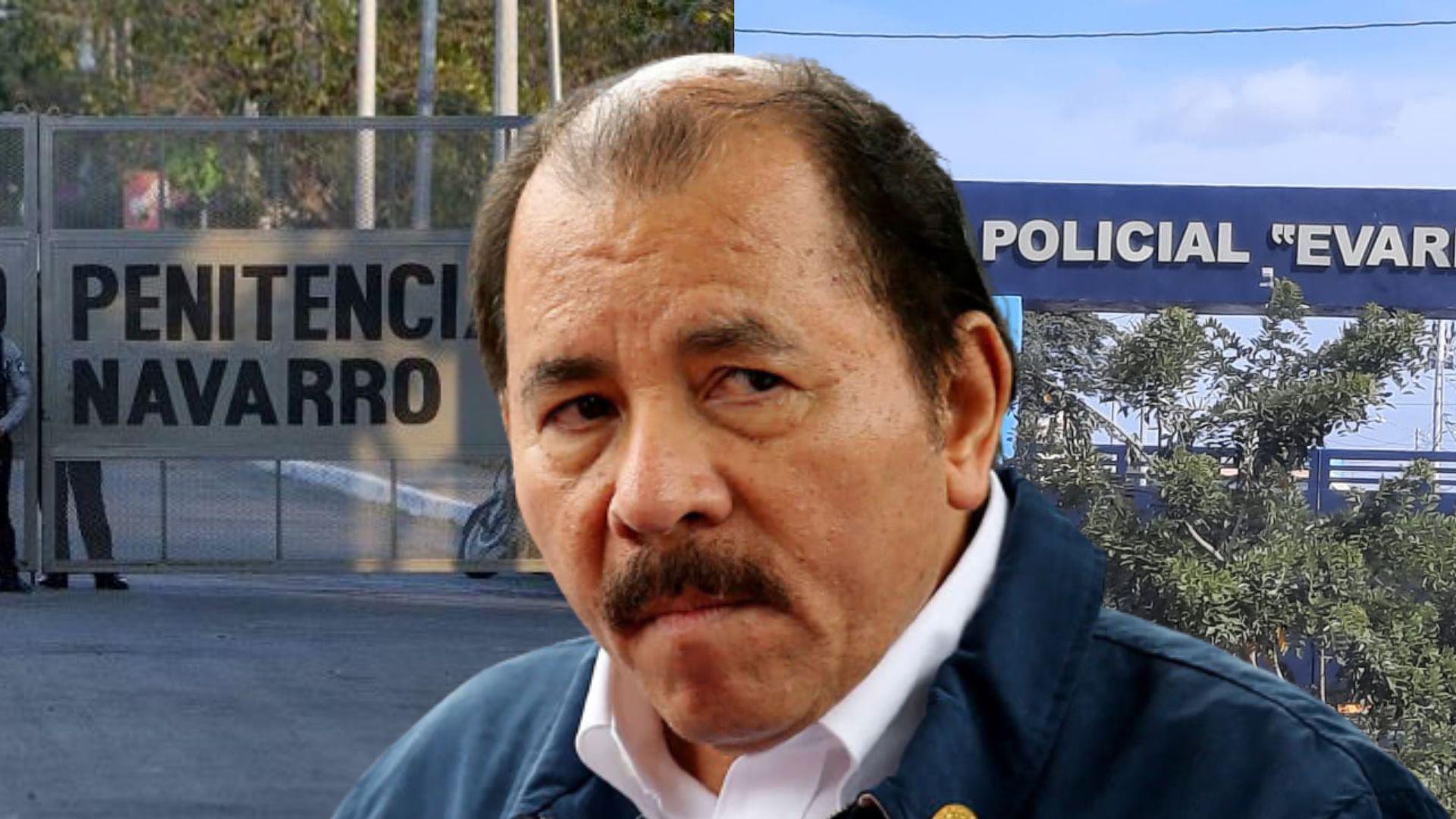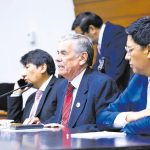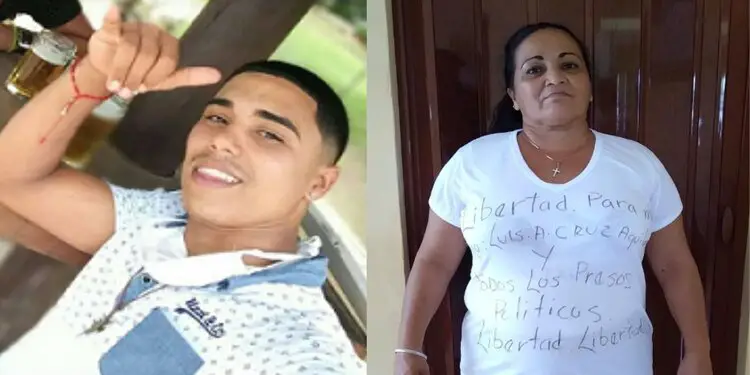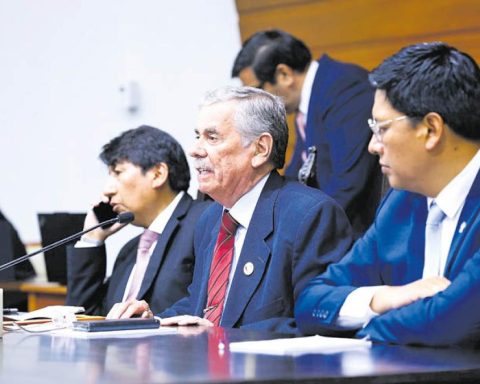The eighth report: “Systematization of 158 cases of torture”, recently presented by the Human Rights Collective Nicaragua Never Againdetails the impacts on the mental health of victims and survivors of torture at the hands of the regime of Daniel Ortega and Rosario Murillo, during and after the civic rebellion of 2018.
According to the report, the victims suffered actions of torture against their physical and mental integrity before arbitrary arrests, among which are persecution, siege and threats, as well as the violation of the right of free transit; impediment by police forces and paramilitaries to enter or attend certain places, including the home of the affected person.
Other arbitrariness reflected by the Human Rights Collective is the violation of the right to free expression, “denying the possibility of expressing oneself and raising one’s voice to defend oneself.”
Related news: Orteguismo uses “violent and dehumanizing” practices to torture political prisoners
It stresses that before the arbitrary detention, the people were victims of cruel, inhuman and degrading treatment that included profanity and the intentional use of physical force to cause serious blows.
In addition, the violation of the right to health (denial of medical care in public hospitals) and the denial of the right to assembly, demonstration and association are highlighted. The ill-treatment includes “the exposure of the naked person to the police, penitentiary officials and other deprived of liberty.”
Related news: Prison, torture and exile, Ortega’s recipe for opponents
They also denounce that at the time of the interrogations, the victims of arbitrary detention suffered psychological torture, because they were violently interrogated, “where the intentional use of force, physical abuse, threats against the life of the person and the family are used as methods to obtain a false confession.”
Physical attacks could not be absent, according to the victims, when they were detained by the Police and paramilitaries, since the agents of the Nicaraguan dictatorship hit them on important parts of the body, which could cause irreversible damage.
«The technique known as the telephone, that is, blows with an open hand in both ears, repeated blows to the eyes, mouth, nose, testicles, breasts, neck, stomach, head, knees, more sensitive areas of the body with the fists or using high caliber weapons not only to aim at the person, but also to hit with wooden sticks and metal tubes. Extraction of teeth and nails”, describe human rights defenders.
Denial of medical assistance and food
An important piece of information in the human rights organization’s report is the denial of medical assistance to political prisoners, including the denial of medication to people with chronic illnesses.
There is also a prohibition on the right to receive food or if they received it, it was contaminated, since they were delivered with rat droppings, cockroaches and ground glass.
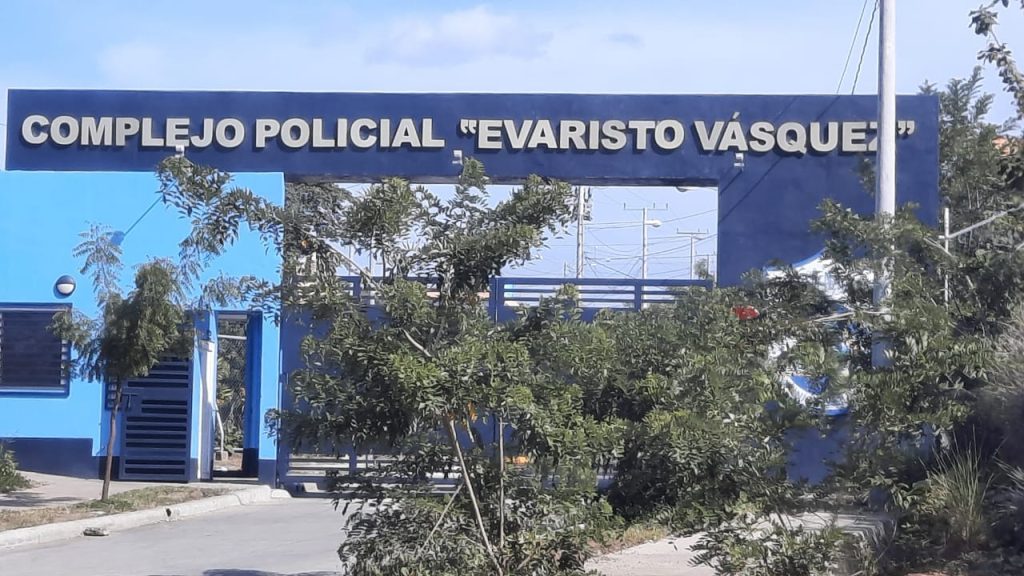
It should be noted that the victims were given sedatives or hallucinogenic substances and were isolated and incommunicado, thus exposing them to total darkness or permanent white light.
In the testimonies of the victims could not miss the stories of sexual abuse to which they were subjected by the executioners of the Ortega regime, which include sexual harassment, public touching of a sexual nature very frequent in the LGBTIQ+ population, and group and multiple rape.
Impacts on emotional health
Regarding the impact on the emotional health of political prisoners once they were released, exiled from Nicaragua or forced, for different reasons, to continue in the country, according to the Colectivo’s psychological analysis, many suffer from depression, anxiety, stress permanent (feeling under constant threat, in danger of death) and irrational thoughts.
In addition, they have panic attacks, irritability, anger, insomnia, nightmares, decreased memory, lack of initiative, apathy. Also strong and uncontrollable emotions, as well as helplessness, affective paralysis and flashbacks (mental images linked to the traumatic event), fear of remembering, of connecting with the damage, sensation of impossibility of transmitting to others, of being understood that reinforce disconnection and isolation.
Related news: Complaint “situation of torture” imposed by Ortega against political prisoners
The study highlighted that the “destruction” in the lives of torture victims caused them to present self-destructive behaviors, such as drug, alcohol and other substance use, self-harm, self-sabotage, breaking and disconnecting important ties.
Finally, it exposes that exile, to which thousands of Nicaraguans have been forced, has implied in the victims of torture the separation and disintegration at the family, community, and social levels, causing duels that can become traumatic, and in other extreme cases, many opt for the Suicide as an option in the face of suffering.
